Colombian Peace Process
Select...
SITUATION REPORTS
Colombia: Presidential Candidate Cancels Events Due to Assassination Plan
May 6, 2022 | 19:39 GMT
Colombia: Navy Partners With U.S. to Carry Out Exercises Within Scope of NATO
Mar 1, 2022 | 19:59 GMT
Colombia: Stalled Fumigation of Coca Plants May Hurt Duque's Reelection Chances
Jan 20, 2022 | 21:40 GMT
Colombia: Police Say They Prevented Assassination Attempt on Former FARC Leader
Jan 13, 2020 | 16:48 GMT
Colombia: Defense Minister Announces Resignation
Nov 7, 2019 | 17:00 GMT
Colombia: Supreme Court Issues Arrest Warrant for Former FARC Leader
Jul 10, 2019 | 16:21 GMT
Colombia: Amnesty Court Orders Release of Former FARC Leader
May 16, 2019 | 19:17 GMT
Colombia: Former President Accuses Government, U.S. of Pressuring Judiciary
May 15, 2019 | 14:23 GMT
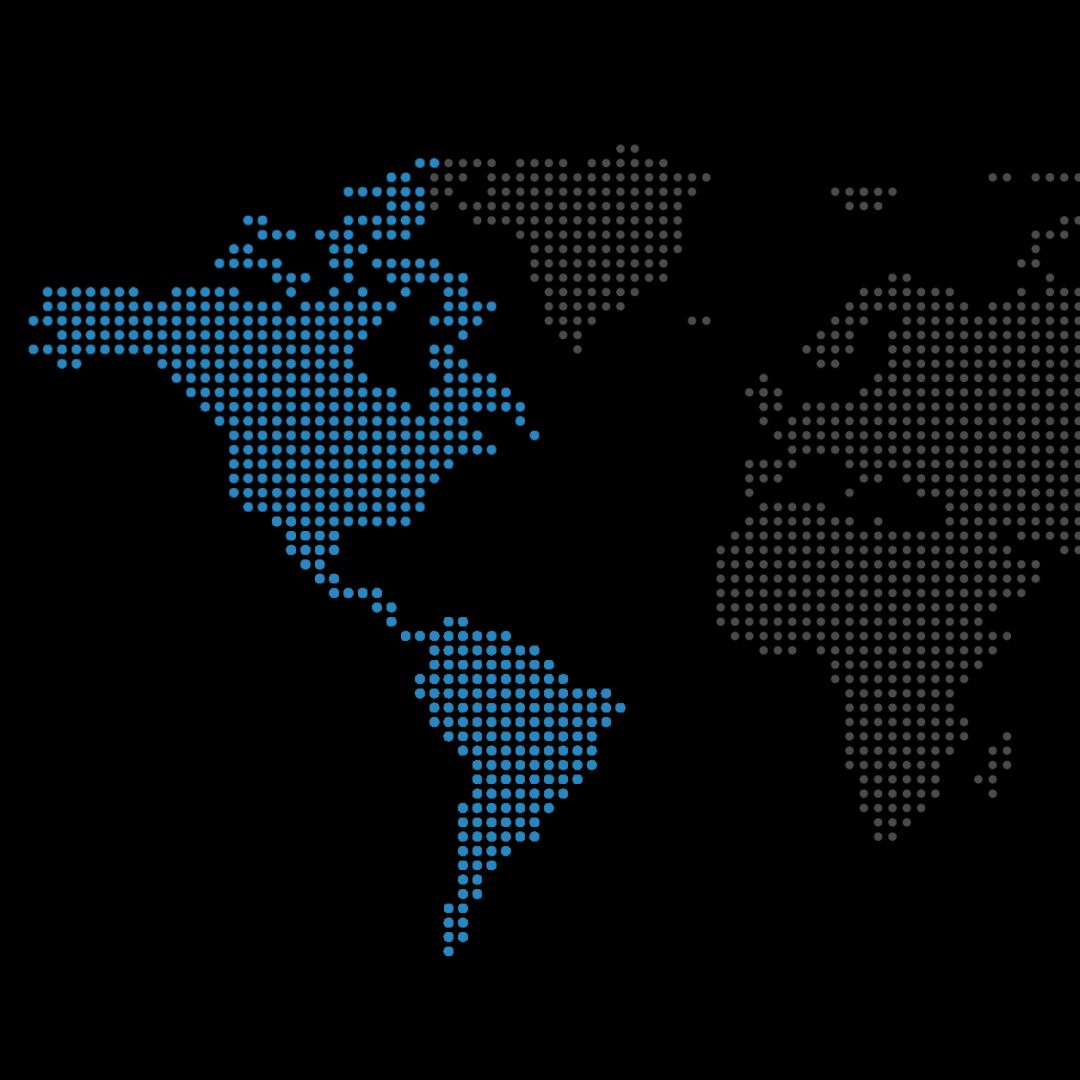
SnapshotsAug 29, 2019
Colombia: Senior FARC Leaders Announce Resumption of Armed Struggle
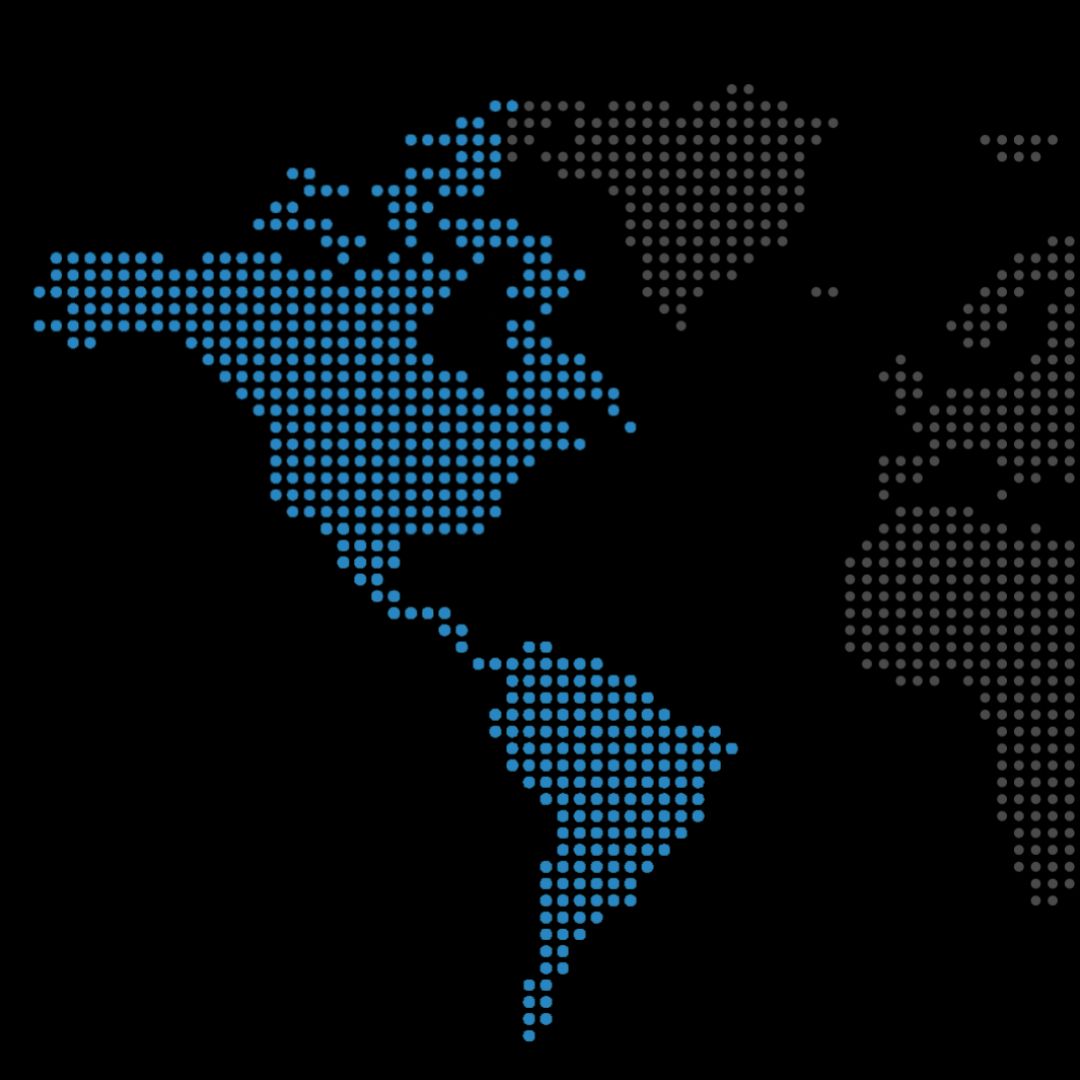
SnapshotsMar 26, 2019
Colombia: An Opposition Party Gives Peace a Chance
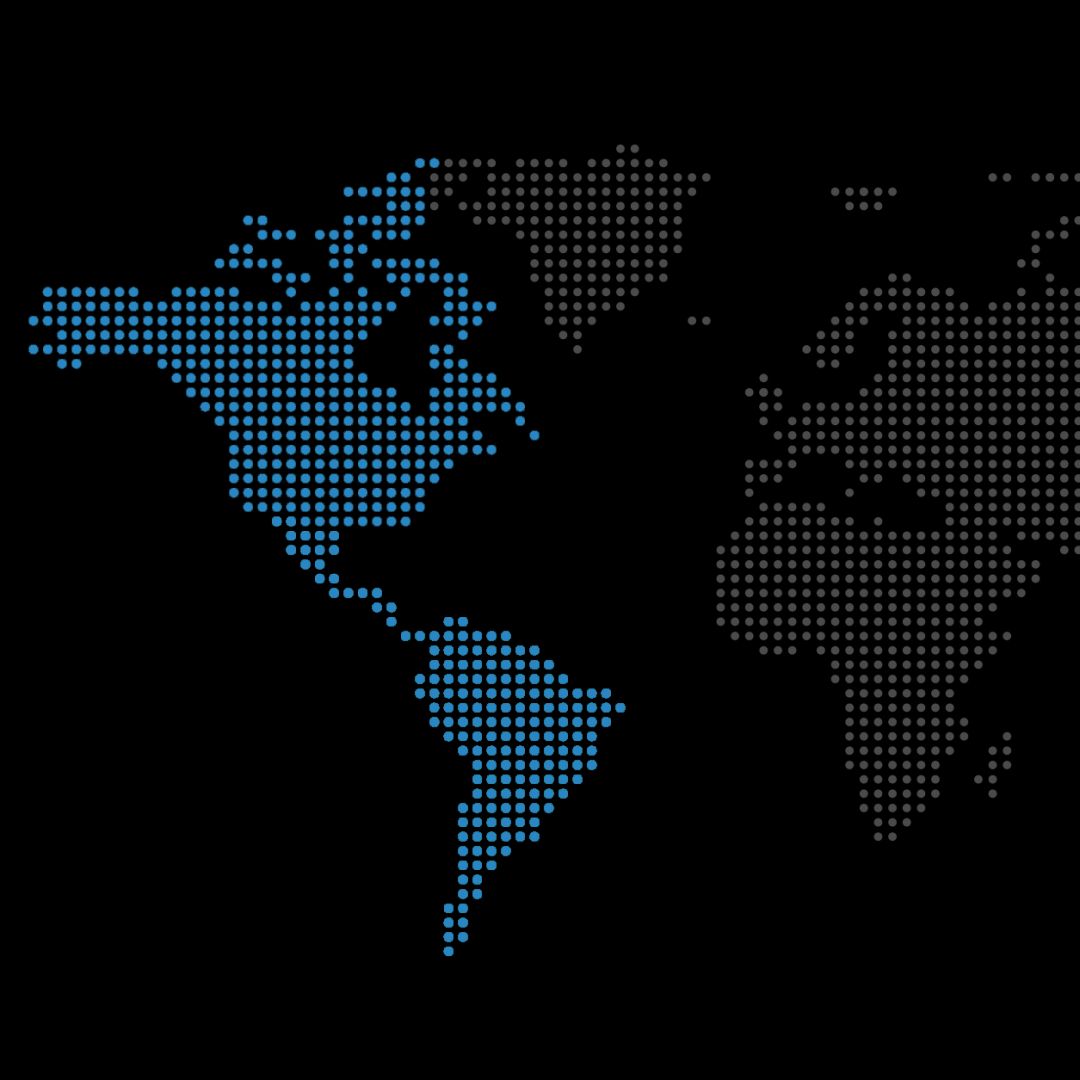
SnapshotsAug 17, 2018
Colombia: After the Peace Deal, Crime Still Beckons to FARC Leaders
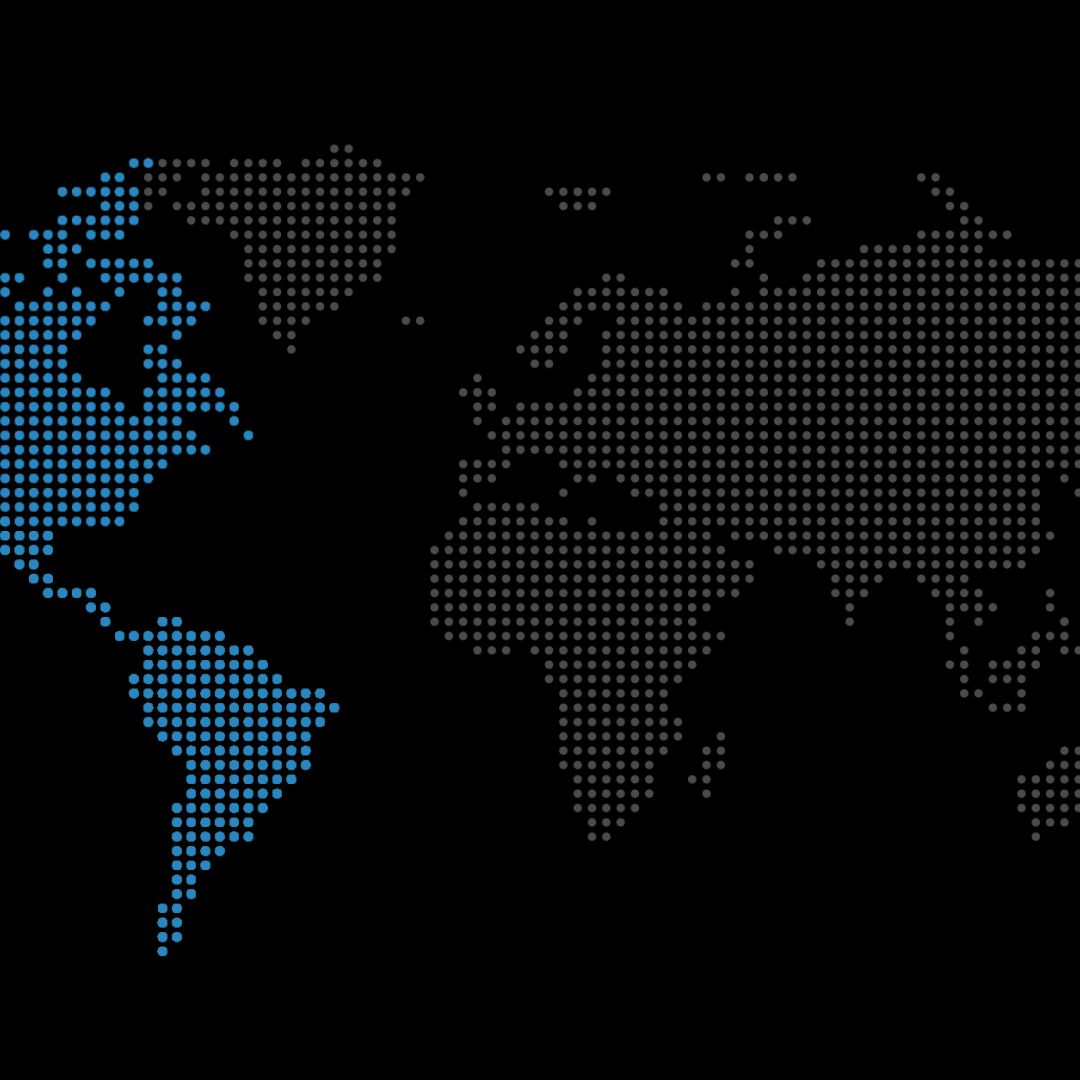
SnapshotsAug 7, 2018
Colombia: The New President Works to Build a Congressional Base
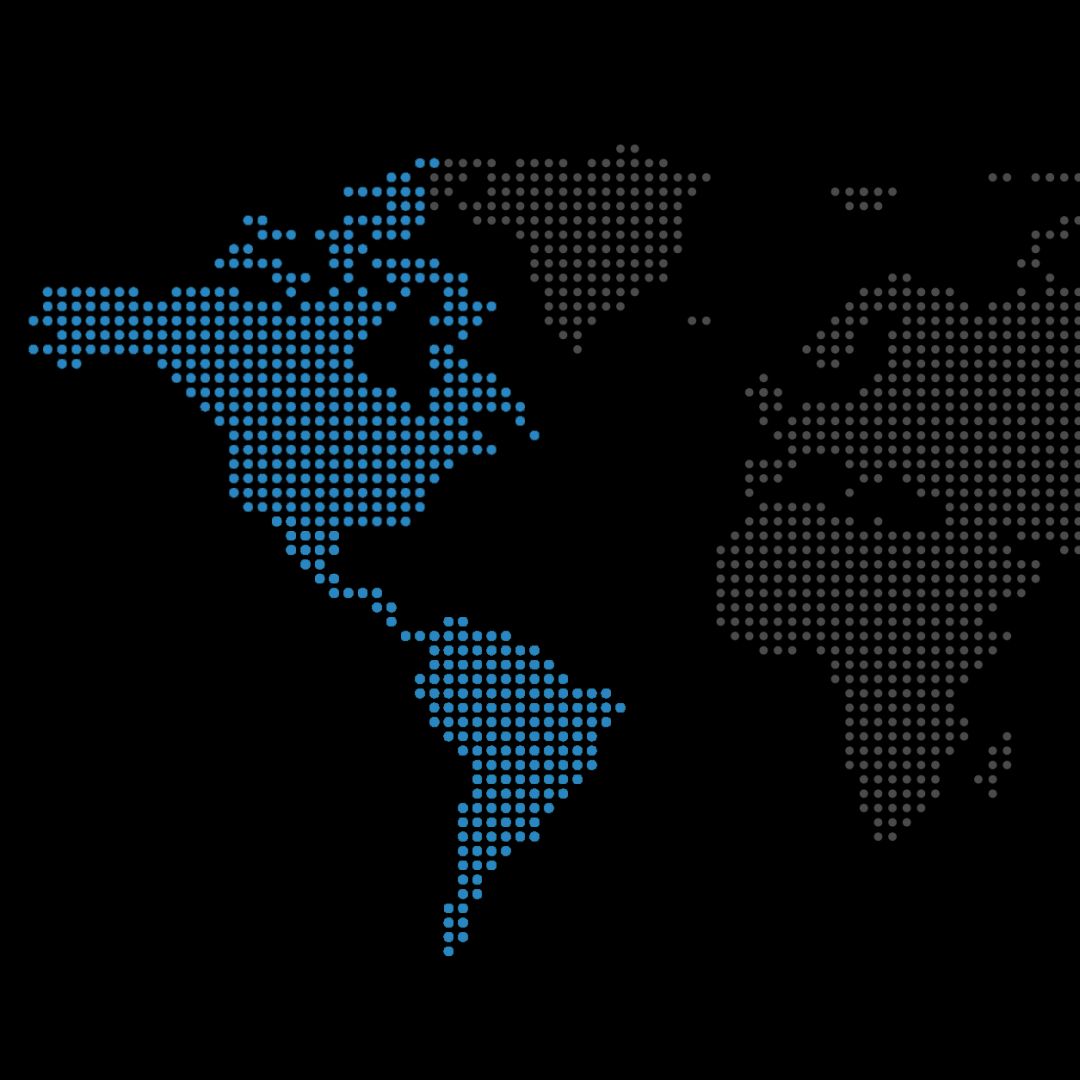
SnapshotsJun 18, 2018
Colombia: The New President's New Policies
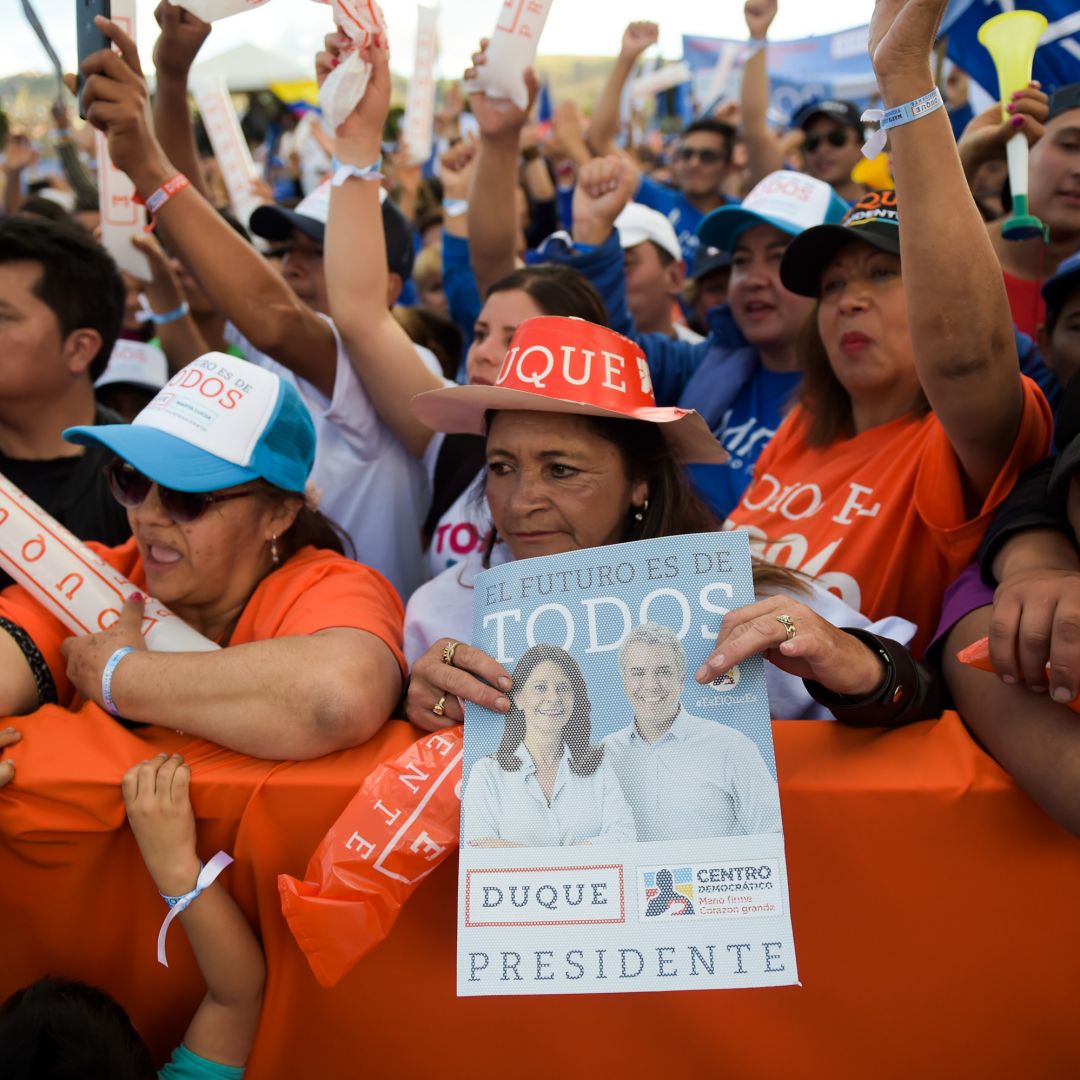
GuidanceMay 26, 2018
What Colombia's New Leader Will -- and Won't -- Be Able to Do

AssessmentsMay 7, 2018
Drug Trafficking Threatens Colombia's Peace Deal With the FARC
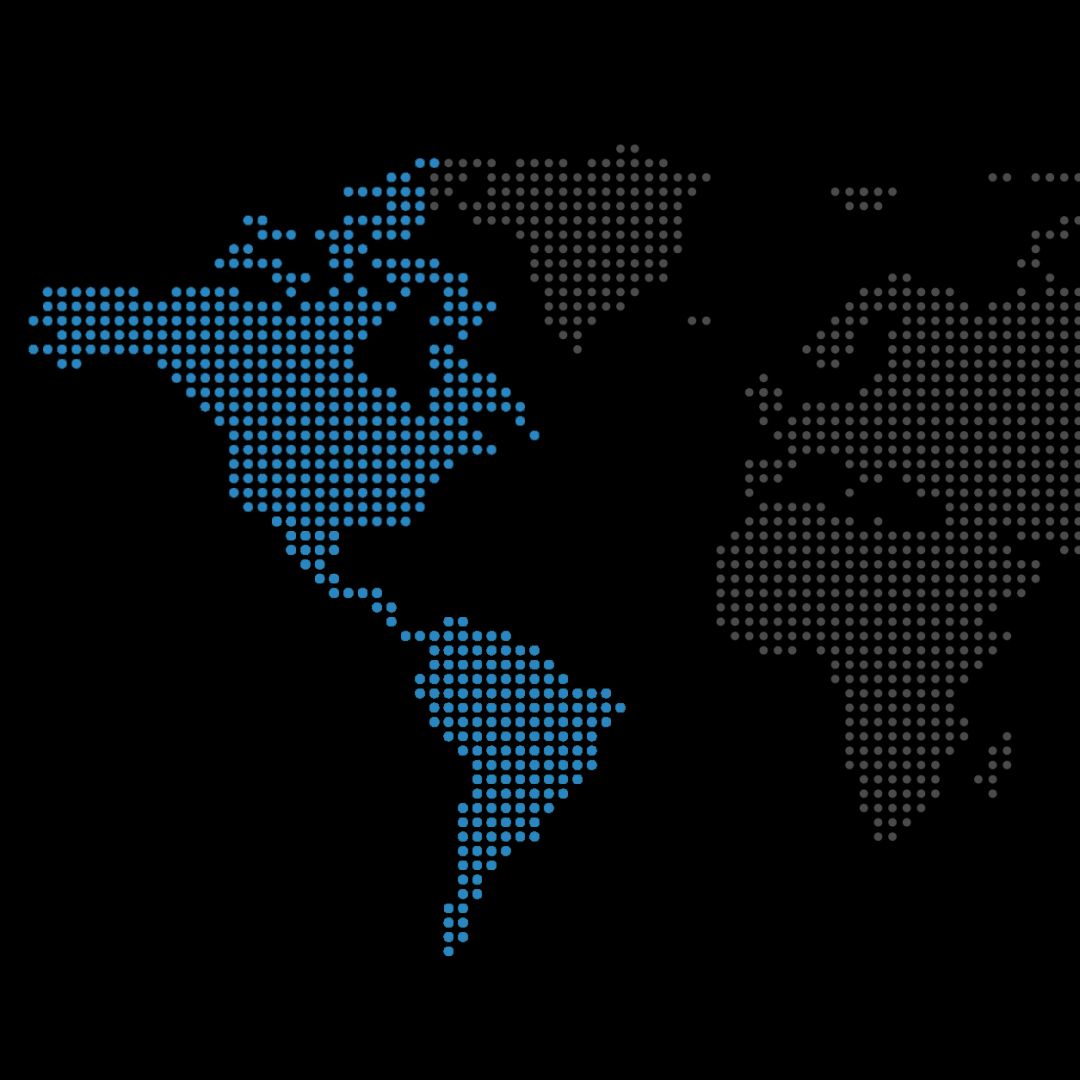
SnapshotsMar 27, 2018
Ecuador: Colombian Drug Violence Spills Over
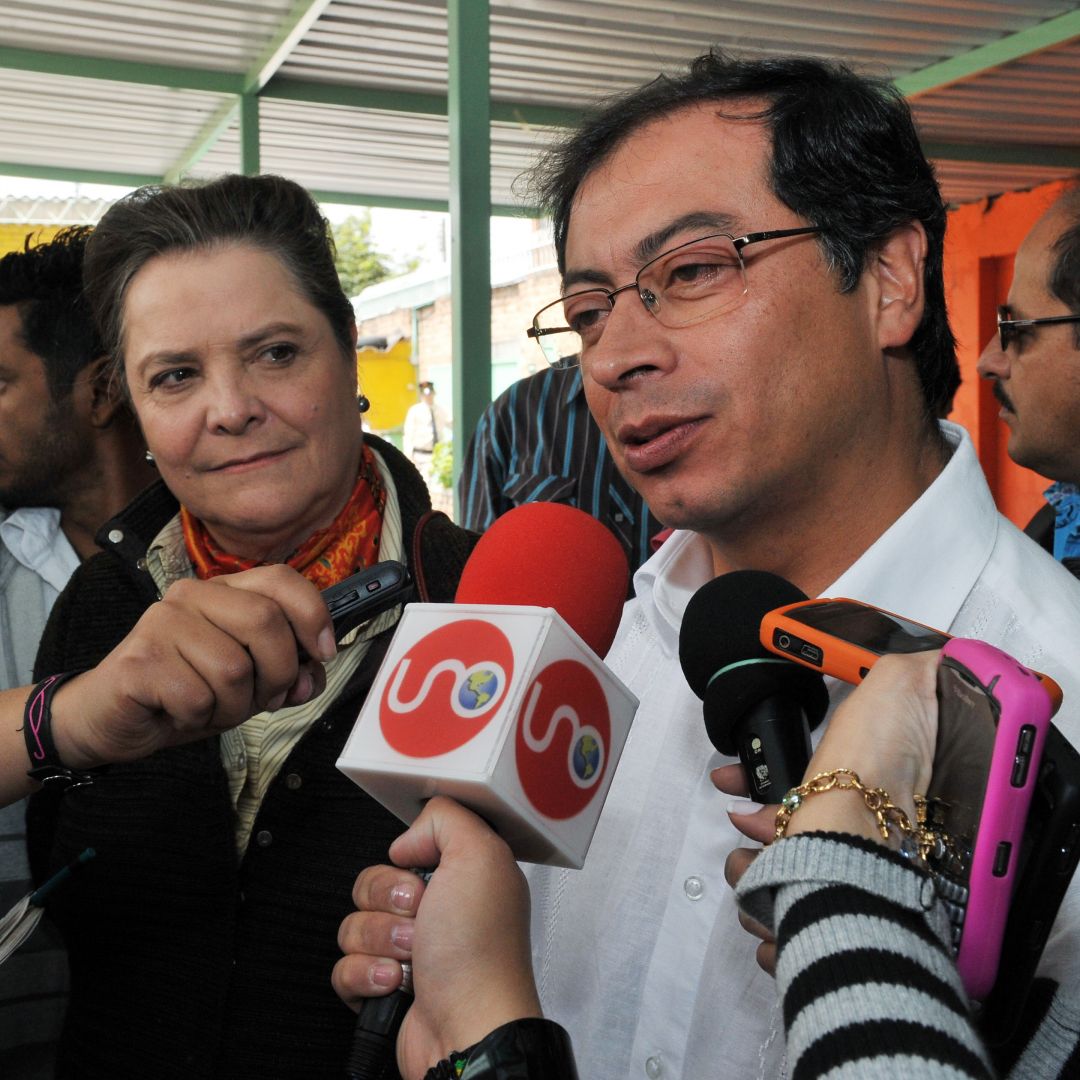
AssessmentsMar 12, 2018
Left Turn Ahead: How a New President Could Shake Up Colombia
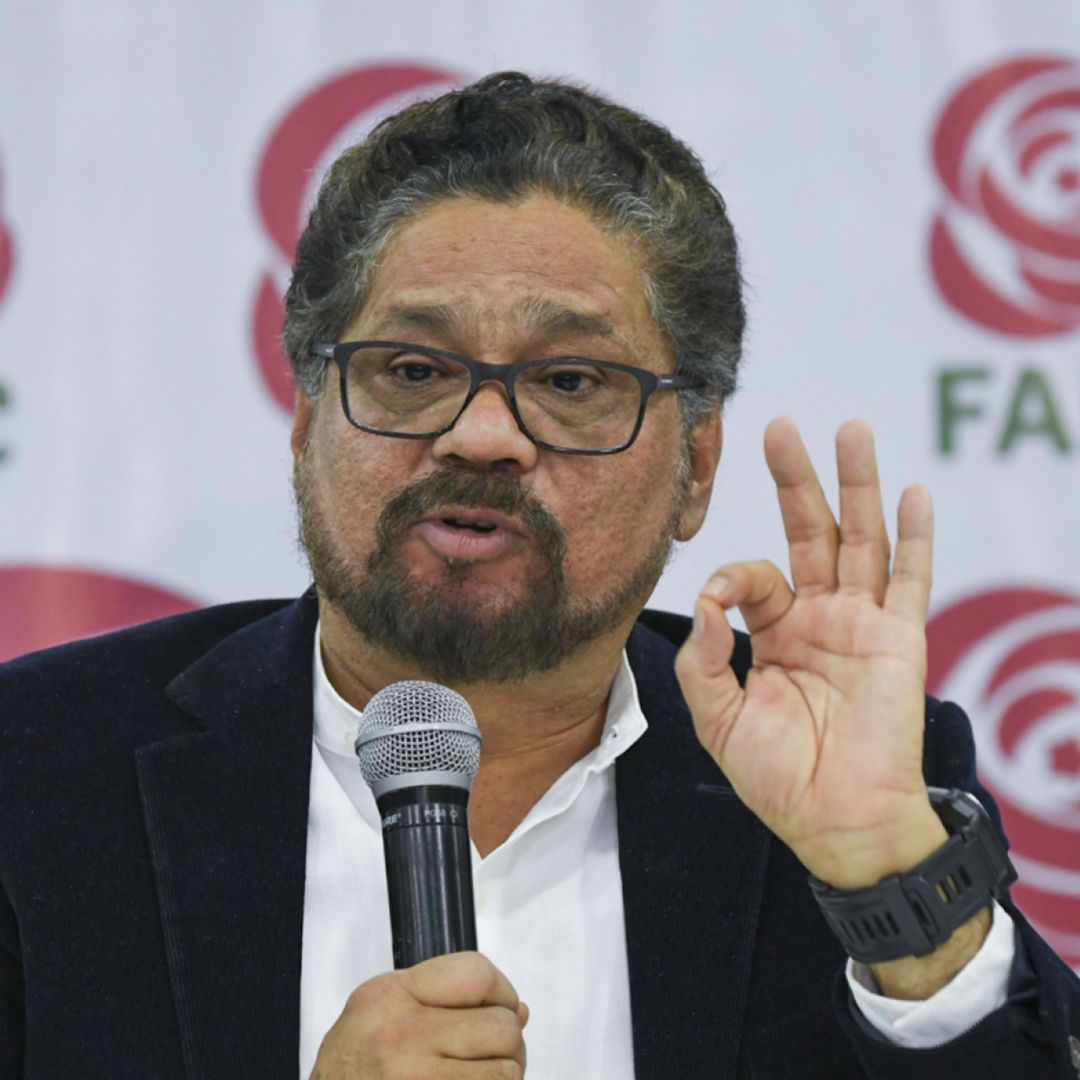
AssessmentsNov 8, 2017
Is Time Running Out for the FARC Peace Deal?
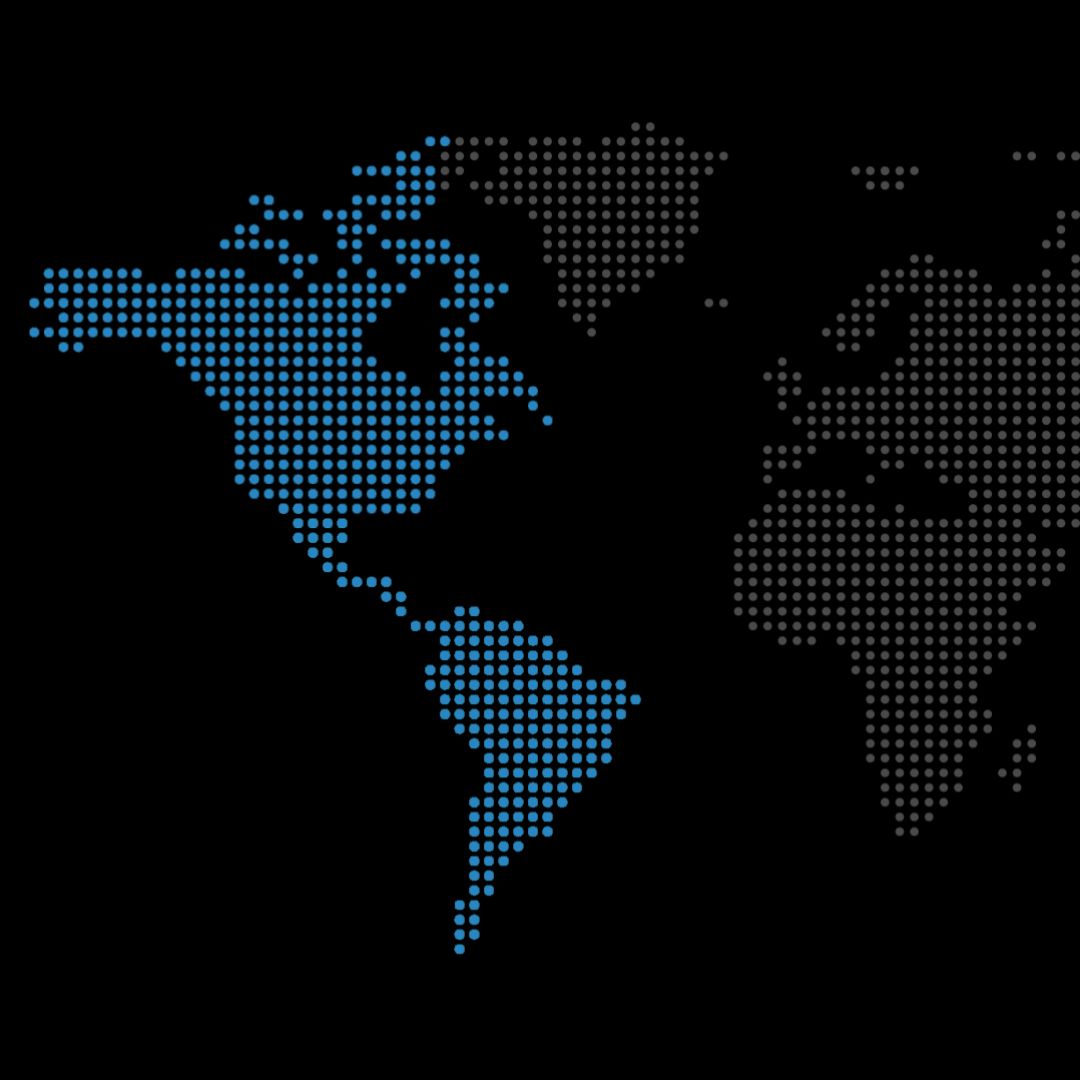
SnapshotsOct 19, 2017
Colombia: Just When the FARC Deal Was Appearing Safe, a New Threat Arises
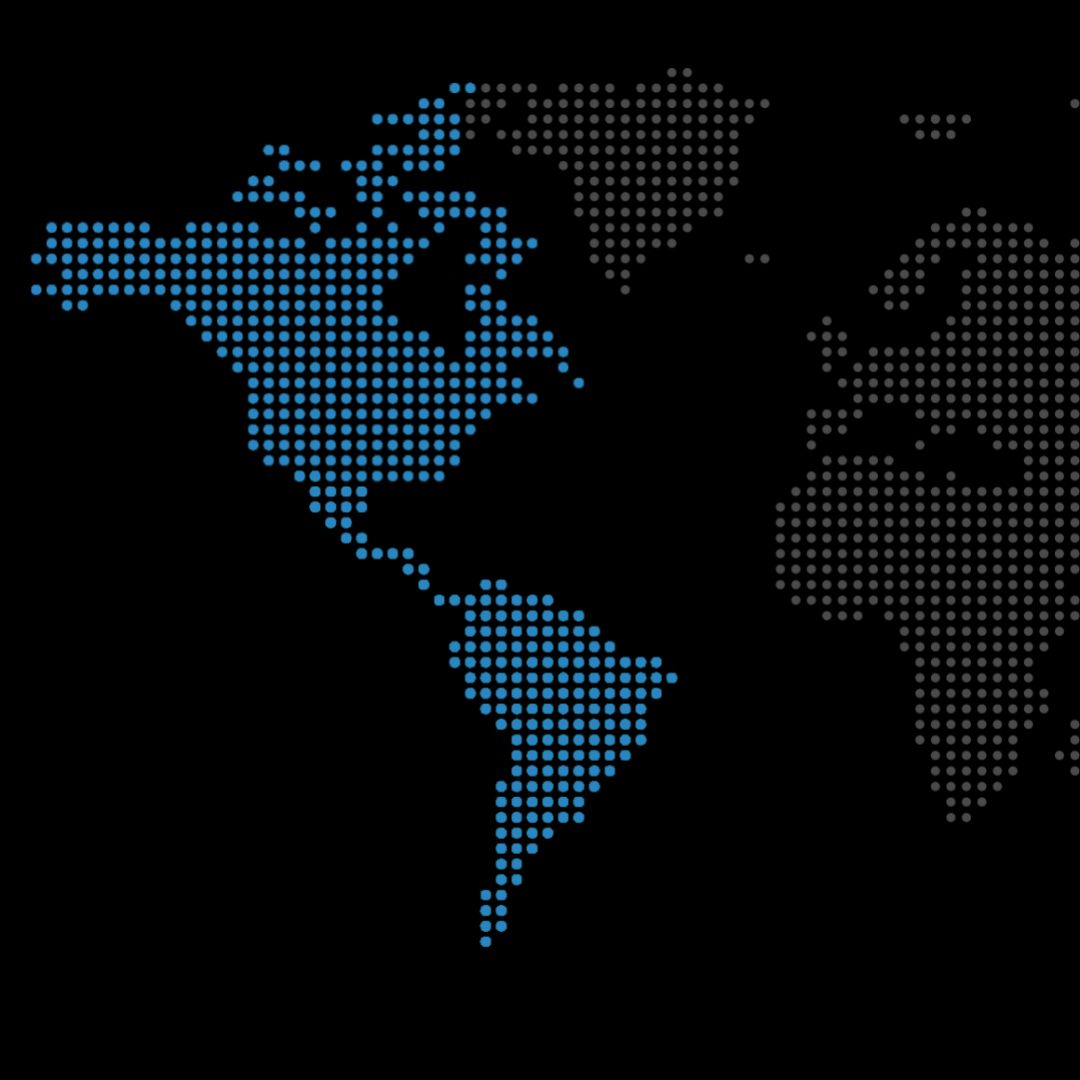
SnapshotsOct 12, 2017
Colombia: Supreme Court Shields the FARC Peace Deal

